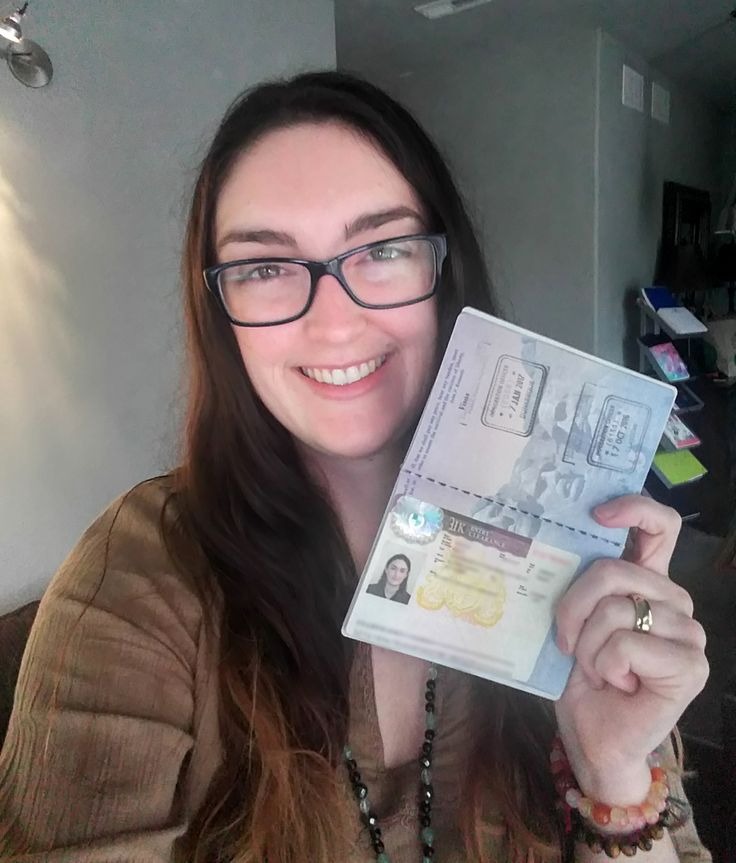How to include dependent children in a Spousal Visa Application
When applying for a Canada Spousal Visa, one of the most common concerns applicants have is how to include their dependent children in the application process.
Understanding the procedures and requirements can ease the process and ensure a smoother transition for your family to Canada. This guide will walk you through how to include dependent children in a spousal visa application, providing clarity on the necessary steps and requirements.
Results
#1. What is your primary reason for considering a marriage visa?
#2. Do you know which documents are required for a marriage visa application?
#3. How soon are you planning to apply for a marriage visa?
#4. Are you aware of the benefits a marriage visa provides?
#5. Which challenge do you think is the hardest part of applying for a marriage visa?
#6. What support would be most helpful to you during the application process?
Understanding the Canada Spousal Visa
A Canada Spousal Visa, also known as a spousal sponsorship visa, allows a Canadian citizen or permanent resident to sponsor their spouse or common-law partner for immigration to Canada.
The purpose of the visa is to reunite couples by granting permanent residency to the sponsored spouse or partner.
In most cases, the spousal visa application is straightforward, as it involves one applicant (the spouse or partner). However, the situation changes when there are dependent children involved. In such cases, applicants must provide additional documentation and information to include these children in the process.
Who Is a Dependent Child?
The term “dependent child” in the context of immigration refers to a child under the age of 22 who is unmarried and financially dependent on the parent or guardian.
However, children over 22 may still qualify as dependents if they are unable to support themselves due to a physical or mental condition.
For the purposes of a Canadian spousal visa, the dependent children of the primary applicant (spouse) can be included in the application if they meet these criteria:
Under the age of 22: The child is younger than 22 years old and is not married or in a common-law relationship.
Over the age of 22: The child is older than 22 years but is still financially dependent on the parent due to a physical or mental condition.
It is essential to provide proof of the child’s dependency on the sponsoring parent. This is particularly important when the child is above the age of 22 and relies on the parent for support.
Steps to Include Dependent Children in a Spousal Visa Application
Including dependent children in a spousal visa application requires careful preparation and submission of the correct documents. Below are the key steps involved:
1. Ensure You Meet the Requirements to Sponsor a Dependent Child
The first step is to ensure that you are eligible to sponsor your children. As a Canadian citizen or permanent resident, you must meet certain requirements to sponsor dependents:
- You must be able to prove your ability to financially support your dependents.
- You must not have a criminal record, and you must be able to provide necessary proof of income (e.g., recent tax returns, pay stubs).
- If you are sponsoring your spouse, you must demonstrate that you are in a genuine relationship and can financially support your children.
2. Complete the Application Forms
To include dependent children in the application, you will need to complete the Immigration, Refugees, and Citizenship Canada (IRCC) forms. Some of the forms include:
- Application for Permanent Residence (IMM 0008): This is the main application form for the spouse.
- Spouse or Common-Law Partner Sponsorship Form (IMM 1344): This form is required to sponsor a spouse and can include the dependent children.
- Additional Family Information (IMM 5406): This form requires detailed information about your family members, including your children.
You will need to list your dependent children on the forms and provide detailed information such as their full names, dates of birth, relationship to you, and whether they will be accompanying you to Canada.
3. Provide Proof of Dependent Status
For each child, you must provide supporting documentation to prove they meet the definition of a dependent child under Canadian immigration laws. Some required documents include:
- Birth Certificates: A copy of the child’s birth certificate to prove the relationship between the parent and the child.
- Proof of Dependency: If the child is over 22 years old, you must provide evidence that the child is financially dependent on you due to medical or mental health reasons. This can include medical records, affidavits from doctors, and proof of ongoing financial support.
- Marriage Certificate (if applicable): If the child is married, they will not be considered a dependent. However, if the child is unmarried but living with a partner, they will need to provide evidence that they are not in a common-law relationship.
4. Submit the Application Package
Once all forms are completed and the necessary documents are collected, submit your application to IRCC. Make sure to include both your spouse’s and children’s documents in the same package.
If your children are living in different countries, you may need to submit their documents separately, but they should be linked to the primary application.
5. Wait for Processing and Decision
The processing time for a spousal visa application, including dependent children, varies depending on several factors such as the country of residence and the complexity of the case.
However, on average, it can take anywhere from 12 months to 24 months. During this period, you may be asked to provide additional documentation or undergo interviews.
6. Medical and Police Clearance
As part of the immigration process, both the sponsor and the dependent children (if applicable) will need to undergo medical examinations and provide police clearance certificates.
These documents will be reviewed by immigration officials to ensure there are no health or criminal concerns.
SEE ALSO:
Tips for Successful Canada Spouse Visa Application
How to Appeal a denied Spousal Visa in Canada
Spousal Visa for Same S*x Couples in Canada
7. Permanent Residency Approval
Once the application is approved, you will receive your Confirmation of Permanent Residence (COPR), and your dependent children will be included in the permanent residency status.
Upon landing in Canada, you and your family members will officially become permanent residents.
FAQs About Including Dependent Children in a Canada Spousal Visa
Can I include children who are over 22 years old?
Yes, children over 22 years old can be included as dependents if they are unable to financially support themselves due to a physical or mental condition. You will need to provide proof of their dependency, such as medical records and evidence of ongoing financial support.
What if my child has a different father/mother than my spouse?
If your child is not the biological child of your spouse but is legally your child, you can still include them in the spousal visa application. However, if the child’s biological parent is involved in their life, you must provide proof of custody and consent from the non-applying parent if necessary.
Can I include stepchildren in my spousal visa application?
Yes, stepchildren can be included as dependents if they meet the criteria of being under 22 years old, unmarried, and dependent on you. Proof of your relationship, such as marriage certificates or adoption papers, may be required.
What if my child is not traveling with us to Canada?
If your child will not be accompanying you to Canada immediately but is still a dependent, you can include them in your application as long as they are not married or in a common-law relationship and are financially dependent on you.
Is it possible to sponsor a child separately after the spousal visa is granted?
Yes, it is possible to sponsor a child separately if they are not included in your original application, but this will involve submitting a separate application for family reunification.
What if my child is already living in Canada on a different visa?
If your child is already in Canada on a temporary visa (such as a study or visitor visa), you can still include them in your spousal visa application. They may need to adjust their status to permanent resident once the spousal sponsorship is approved.
You should provide their current visa details and ensure that they meet the definition of a dependent.
Can I include children from previous marriages or relationships?
Yes, you can include children from previous marriages or relationships, as long as the children meet the definition of dependent (under 22 years old or over 22 and financially dependent due to a health condition).
You must provide legal proof of your relationship with the child, such as custody orders or birth certificates, and documents showing that you are financially supporting the child.
Do I need to provide financial support proof for my children?
Yes, as part of the application, you must prove that you can financially support your dependent children. This may include providing documents such as employment records, tax returns, bank statements, and any other financial evidence that shows you can support your family once they move to Canada.
Before You Go
Including dependent children in a Canada Spousal Visa application is a critical step for family reunification. By following the correct procedures, completing the necessary forms, and providing the required documentation, you can ensure that your children are included in the visa process.
Whether your children are under 22 or over 22 and depend on you for support due to a health condition, it is essential to demonstrate their dependency accurately.
By understanding the requirements and preparing the proper paperwork, you can make the process smoother and ensure your entire family is able to enjoy the benefits of permanent residency in Canada.











